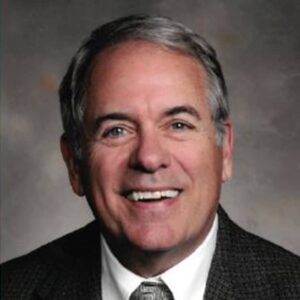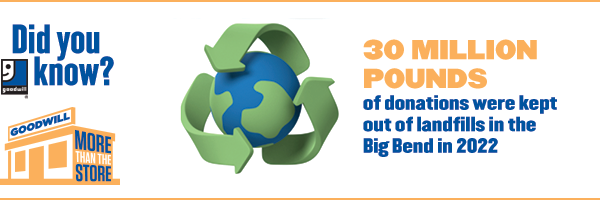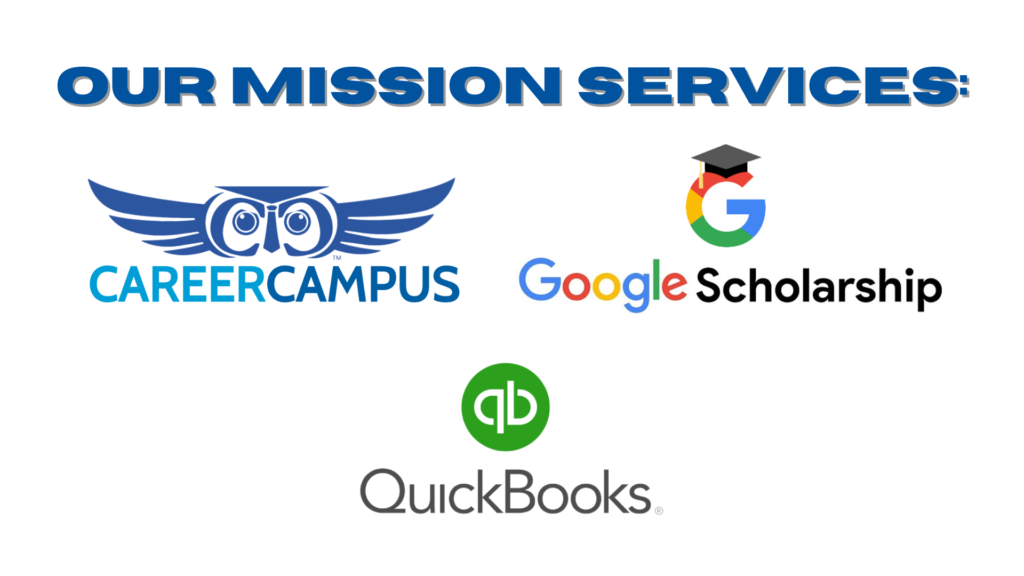Each year, Goodwill Big Bend serves over 6,500 individuals in the Big Bend area who encounter barriers to employment. Our mission-driven services encompass job placement assistance for underserved populations, career training through the our resources such as Career Campus, Google Scholarships, and QuickBooks.
As a prominent employer in the area and a pioneer in inclusive hiring strategies, Goodwill Big Bend diverts 30 Million pounds of donations away from landfills annually, with aspirations to raise this figure even more. Furthermore, an impressive 90 cents of every dollar spent at any of Goodwill’s 24 stores and outlets in the Big Bend region contribute to supporting the organization’s free services and community initiatives. All monetary donations are dedicated to our mission’s fulfillment.
Being the leading workforce provider in North America, Goodwill places an individual into a new job every minute of each business day. With an extensive history spanning almost 120 years, Goodwill has consistently delivered services to people navigating life transitions due to factors such as military service, limited education or work experience, mental or physical challenges, or involvement with the criminal justice system.
Dispelling Common Misconceptions
We understand the importance of ensuring your donations are used effectively. Below, we address some misconceptions and provide factual information about Goodwill Big Bend.
Misconception #1: Goodwill is a for-profit corporation.
Reality: This prevalent rumor is entirely false. For over six decades, Goodwill Big Bend has operated as a private 501(c)3 non-profit organization. Any “profits” generated through our stores are reinvested into our mission.
Over 90% of our sales revenue supports community-based programs and services, encompassing job placement, career training, credentials and certifications, and essential support services like childcare, financial education, mentoring, and transportation. This far surpasses the Better Business Bureau’s accountability standards, which necessitate that at least 65% of an organization’s total expenses be spent on program services.
Misconception #2: Goodwill’s CEO earns millions of dollars.
Reality: This rumor occasionally circulates on social media, along with the inaccurate claim that the organization is helmed by someone named Mark Curran. Goodwill doesn’t have an owner.
As a nonprofit entity, Goodwill operates under the guidance of a volunteer board of directors. Our CEO, Fred Shelfer, based in our Mabry office in Tallahassee, has never earned “millions of dollars” as an annual salary.

Misconception #3: Goodwill is controlled by an international corporation.
Reality: As previously mentioned, Goodwill Big Bend operates as an independent organization. Our staff and clients are deeply rooted in Northwest Florida and South Georgia. Over 90% of revenue generated is reinvested into our local community, supporting our programs and mission.
Goodwill Industries International (GII), headquartered in Tallahassee, Florida, oversees a network of 156 community-based, autonomous Goodwill organizations across the United States, Canada, and 12 other countries. In Florida, there are 9 distinct Goodwill organizations, including Goodwill Big Bend. To cater to the unique needs of each community, every Goodwill organization designs its own structure, programs, and services to serve the local populace effectively.
For each dollar earned through the sale of donated items, 90 cents are plowed back into our social service programs and the communities of Northwest Florida and South Georgia. In the case of monetary charitable donations, the reinvestment rate is 100%. We are steadfast in our vision of creating a region where everyone can prosper.
Misconception #4: Goodwill pays individuals with disabilities meager wages.
Reality: Goodwill’s mission is centered on furnishing work opportunities and training to individuals facing employment obstacles, regardless of their abilities. Goodwill Big Bend never pays its employees less than the minimum wage. All our team members start with a minimum hourly wage and also receive benefits funded by Goodwill.
While it’s true that a 14C sub-minimum wage certificate allows employers to pay people with disabilities less than the minimum wage, some Goodwill organizations have utilized this in the past. However, Goodwill Big Bend has never employed this certificate and consistently ensures equitable compensation for its employees.
Misconception #5: Donated items are first offered to Goodwill employees.
Reality: At Goodwill Big Bend, we uphold a stringent policy against employees purchasing items prior to their arrival on the sales floor. There exists a waiting period for employees to buy
donated items. Additionally, our employees are prohibited from purchasing Color of the Week items, guaranteeing the best deals for our customers.
Misconception #6: Goodwill solely operates as a thrift store.
Reality: While Goodwill thrift stores are widely recognizable, our scope is much broader. A substantial portion of the revenue generated from donated items in our stores—90 cents of every dollar—directly supports the Northwest Florida and South Georgia community. Our stores play a pivotal role in funding our programs, which encompass the Career Campus, Google Scholarships, QuickBooks, and other certification programs. Goodwill Big Bend provides assistance to nearly 6,500 individuals in need within Northwest Florida and South Georgia each year.
Misconception #7: Unsold donated goods are discarded in landfills or sent to developing countries.
Reality: Opting for second-hand shopping is an effective means of sustainability and reducing landfill waste. At present, Goodwill Big Bend boasts a landfill diversion amount of 30 million pounds.
Donated goods at Goodwill follow a lifecycle. If they remain unsold in-store after 30 days, they are transferred to a Goodwill Outlet Store, where they are available at significantly reduced bulk prices. Should they still remain unsold, they proceed to our recycling facility at the Goodwill Resource Center.

As one of the foremost recyclers in Northwest Florida and South Georgia, Goodwill takes pride in its leadership in sustainability. Within the Goodwill Resource Center, these items may find their way to responsible businesses engaged in upcycling or recycling materials.
Authorized by the State of Florida and the State of Georgia as an electronic waste collector, Goodwill offers an eco-friendly solution for disposing of outdated or damaged equipment. Hard drives are securely decommissioned or destroyed in accordance with U.S. Department of Defense standards.
Every donation made to Goodwill Big Bend is immensely valued and utilized to the fullest extent in funding our mission.


Recent Comments